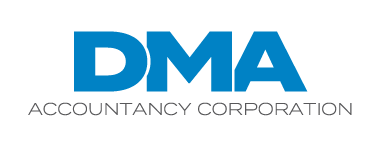As we approach year-end, it is once again time to review tax planning strategies. Year-end planning involves strategically timing income and deductions to permanently reduce tax liabilities or defer them over future years. However, in today’s constantly evolving tax environment, the process is more complex than it may appear.
When evaluating tax planning opportunities, please keep the following points in mind:
- Your personal financial and business goals should guide your strategy. The objective is to achieve these goals in the most tax-efficient manner possible, as minimizing taxes enhances overall financial and business outcomes.
- Although planning is most effective when done throughout the year, many tax-saving strategies can still be identified and implemented as year-end approaches.
- New tax legislation often creates planning opportunities. Recent law changes include provisions that affect future tax years, making ongoing planning essential to maximize savings or lessen the impact of unfavorable changes.
- Effective planning depends on accurate estimates of current and upcoming taxable income. Reliable projections are crucial to implementing strategies that result in real tax savings.
- Not every tax-saving idea is suitable for every individual or business. Identifying which strategies align with your unique circumstances can significantly reduce your tax burden.
Please click the links below to review our:
2025 Individual Year End Tax Letter
2025 Business Year End Tax Letter
2025 Payroll Year-End Checklists and Important Dates for those of you with businesses that have employees.


Recent Comments